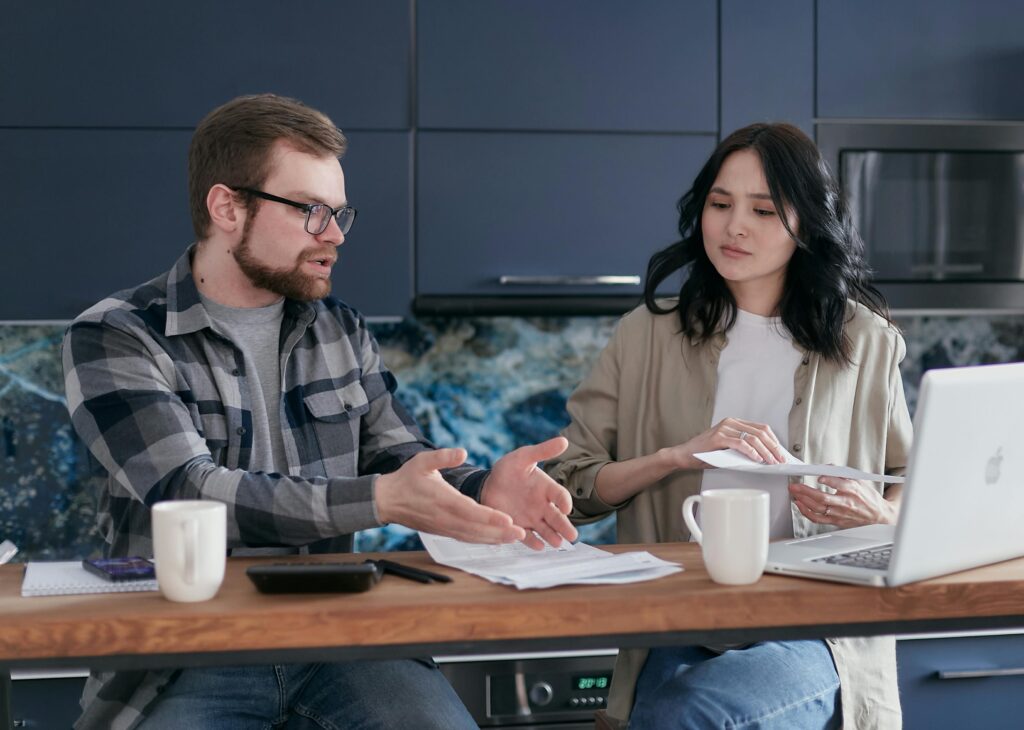Ever caught yourself mulling over a past decision, thinking, “What if I’d done things differently?” Turns out, there’s a whole science behind these thoughts, known as counterfactual thinking. It’s more than just hindsight; it’s a critical tool for learning and planning. A paper published in the Annual Review of Psychology, “Counterfactual Thought” dives deep into this concept, and here’s a breakdown that’s straight to the point.
What –
What’s This All About? Counterfactual thinking is when we look back and imagine alternative scenarios – the “if only I had” moments in our lives. It’s not just daydreaming; it’s a crucial part of learning from our past and preparing for what lies ahead. This kind of thinking impacts our emotions, like when we feel regret or relief about a choice. It also plays a big part in how we make tough decisions, especially in situations where the right answer isn’t clear-cut. Plus, this skill develops as we grow, helping us to better understand what’s going on in other people’s heads.
So What –
Why Should You Care? Here’s why this matters for folks like us. It’s all about using our past experiences to make smarter moves in the future. Whether it’s a career decision, managing your finances, or juggling family responsibilities, thinking through these “what if” scenarios can really make a difference. It’s a way to weigh your options and get a clearer picture of the choices you’re making. But watch out – dwelling too much on these thoughts can lead to stress. And when it comes to making decisions that match up with our values like integrity and hard work, this kind of thinking guides us towards better choices. For those of us raising kids, it’s key in teaching them to see different perspectives and make wise decisions.
Now What –
What Can You Do With This? Alright, so how can you use this in your life? Start by leveraging these “what if” moments. When facing a big decision or learning from a past mistake, give yourself some time to think about different outcomes. It’s like doing a mental walkthrough before the real action happens. Use this to strike a better balance between your work and family life or to make solid choices when under pressure. If you’re leading a team or coaching others, encourage them to think this way too – it builds a group that’s quick on their feet and makes sound decisions. And if you’re a parent, helping your kids develop this skill is a game-changer. It teaches them critical thinking and empathy, which are priceless.
So there you have it. Use those “what if” thoughts to carve out a smarter, stronger strategy for your work, family, and future. It’s about making the most of our experiences and using them to build a better path forward.
Find the full paper here: https://www.annualreviews.org/doi/10.1146/annurev-psych-122414-033249
#ReadyForLife


